Lebanese security forces bust new network ‘spying for Israel’, report says
Lebanese security forces have reportedly dismantled a network spying for Israel's Mossad intelligence agency and collaborating with Israeli authorities, in a fresh clampdown on suspected espionage rings in the country.
According to a report published by the Arabic-language online newspaper Elnashra, members of Lebanon's Internal Security Forces (ISF) have stormed two houses in the town of Ghazieh, and arrested three people on suspicion of collaborating with the Tel Aviv regime.
The report added that “the interrogations of the detainees revealed more names, which required the ISF to conduct further raids on two other houses in the towns of Qana, located 12 kilometers (7.5 miles) north of the border with Israel, and Bint Jbeil, capturing two more suspects.
Elnashra noted that “the interrogations revealed that those arrested provided Mossad with critical information and communicated with the Israeli spy agency through encrypted messages over the Internet.”
The report went on to say that the suspects received money from Mossad through a technique known as dead letter mail, meaning that the suspects received messages via the Internet stating that there were specific boxes or parcels placed for them in remote areas.
They would then look for the boxes, and destroyed them completely after finding them.
Lebanon's military prosecution has commissioned the Information Branch – the intelligence unit of the Internal Security Forces Directorate – to expand the investigations and find out if there were other people involved in the espionage activities.
Last month, the Arabic-language al-Akhbar daily newspaper reported that Lebanon's security forces had arrested a Lebanese man on charges of spying for Israel’s Mossad spy agency through gathering intelligence and involvement in targeted killing operations.
The man reportedly has no connection to the 17 Israeli spy networks busted in Lebanon earlier this year, in one of the largest nationwide crackdowns in recent years, and is apparently more formidable than those captured.
His activities went beyond collecting data and information and taking photographs of sensitive sites to being involved in a network of assassinations and dangerously undercover operations.
The man reportedly facilitated the entry of Israeli officers into Lebanon as well as their tours and exits at the end of their missions.
Moreover, there is unequivocal evidence that the man was involved in the assassination of brothers Mahmoud and Nidal al-Majzoub, the two senior officials from the Palestinian Islamic Jihad resistance movement who were killed in a car bomb explosion on May 26, 2006.
VIDEO | Silwad under attack: Settler assaults spiral in occupied West Bank
Israel deliberately undermining public order in Gaza: Euro-Med
Hamas approves list of 34 Israeli captives to release amid Doha talks
VIDEO | Fragile Israel-Lebanon ceasefire
VIDEO | Press TV's News Headlines
VIDEO | Yemeni strikes Israel again after calls to end gaza genocide ignored by regime
Gen. Soleimani stood by Iraq during most challenging times: Iraqi PM
Israeli soldier flees Brazil amid probe into Gaza war crimes


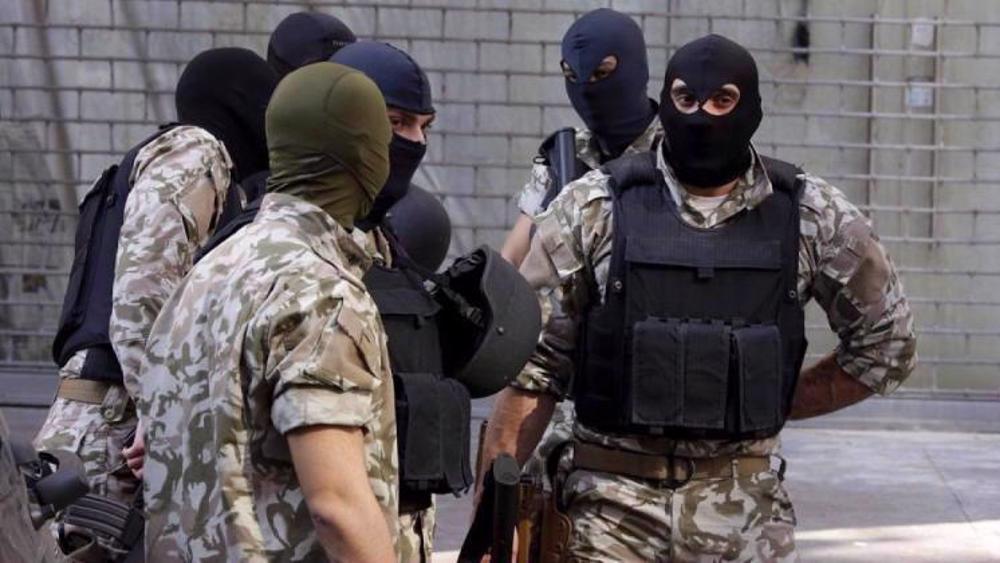
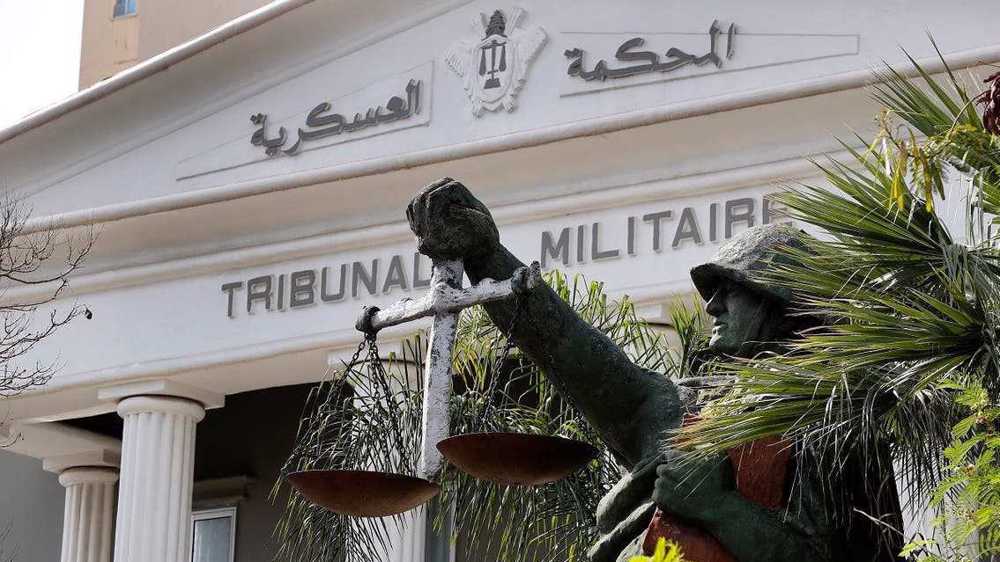
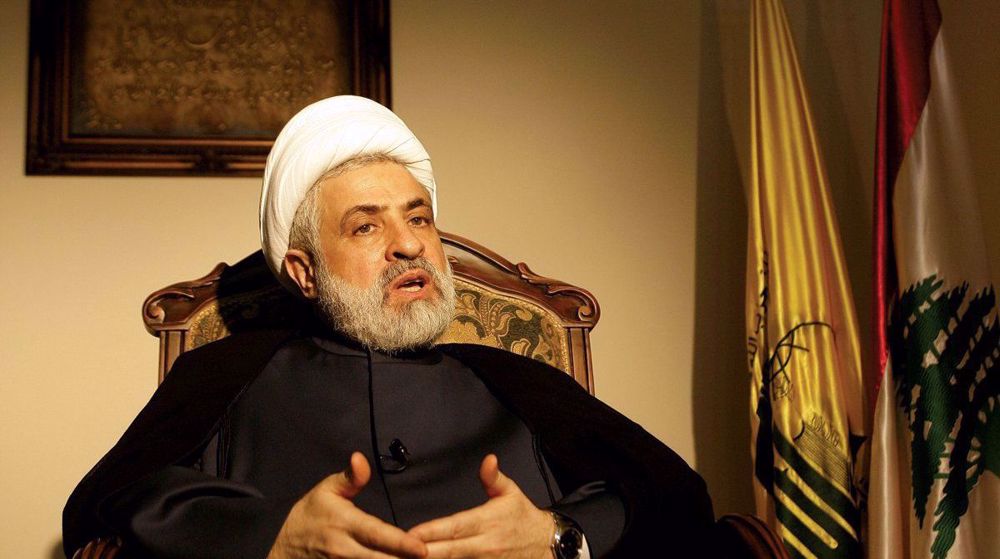
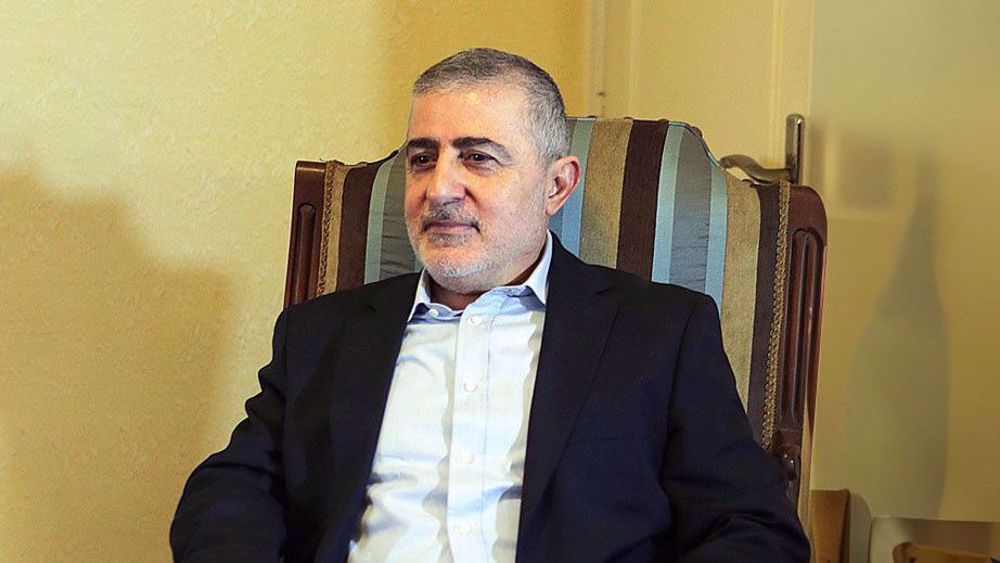
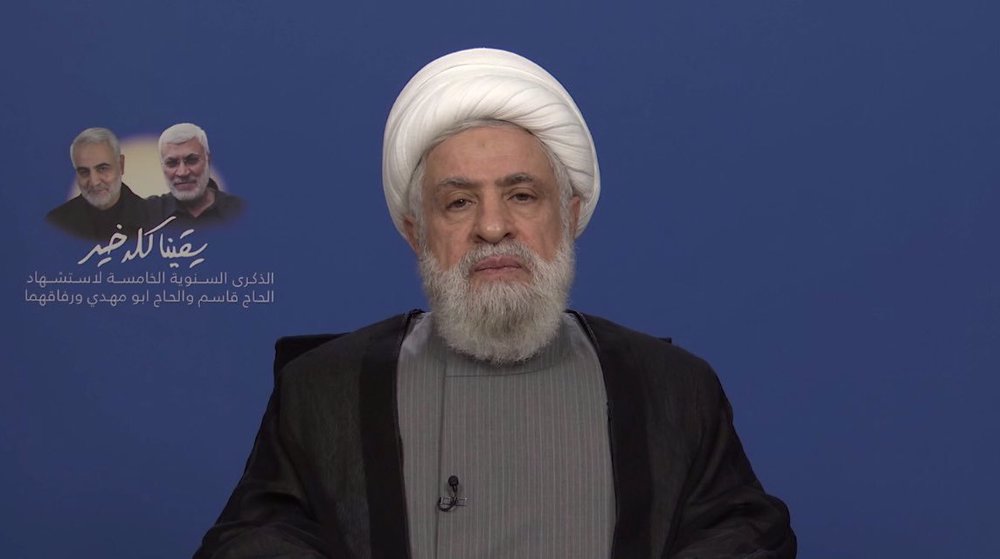
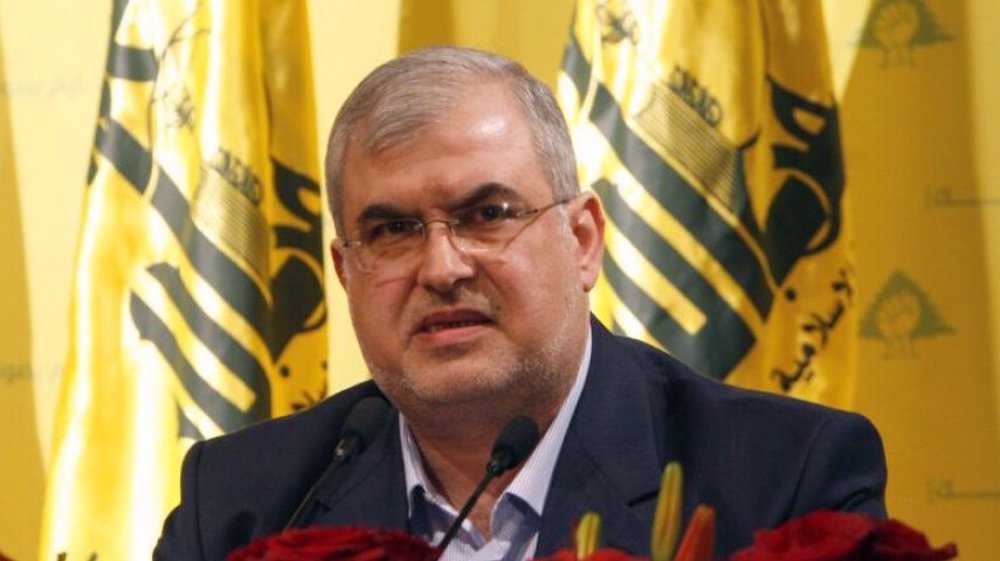



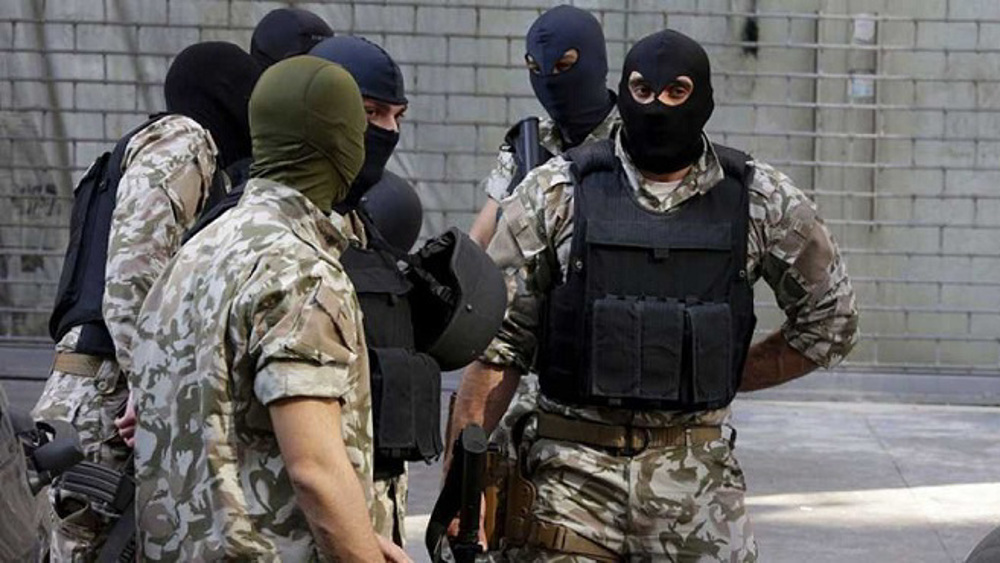
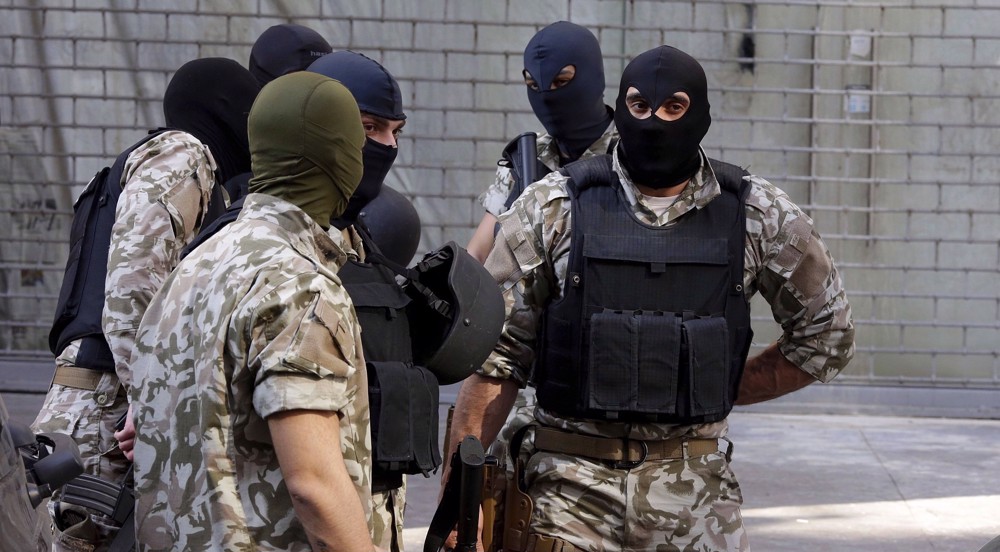

 This makes it easy to access the Press TV website
This makes it easy to access the Press TV website